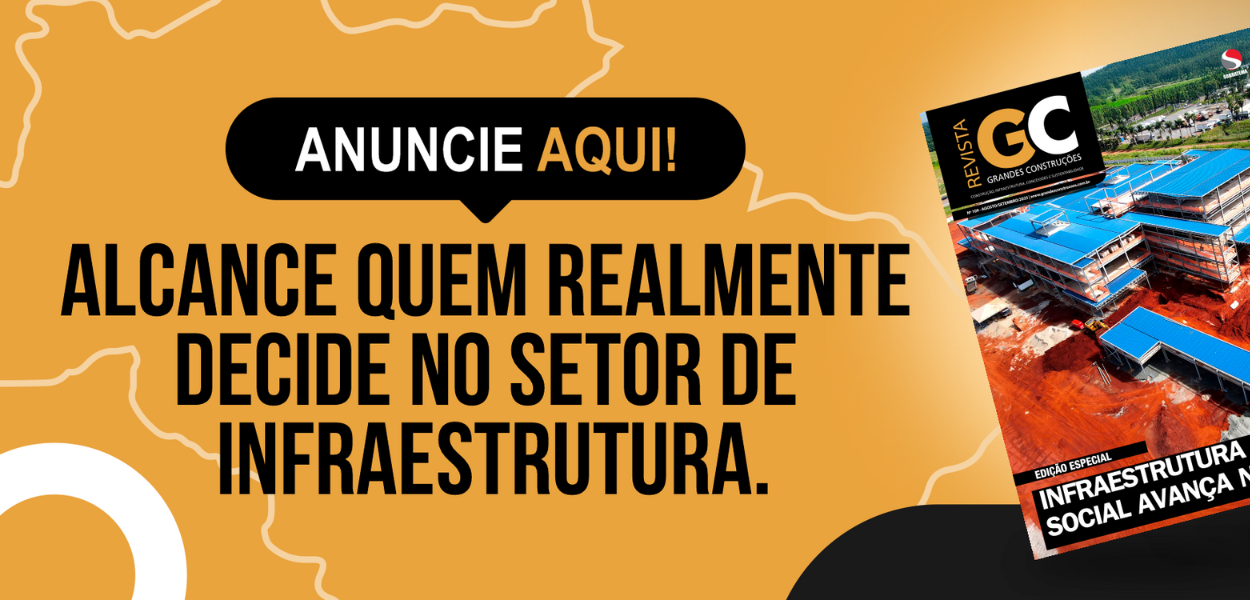Clogged game in ports
Ports still are going through a deadlock that prevents its updating. Improvements depend on emergency actions of the government
Since the increase of private investments in ports was not carried out, the federal government is programming integrated actions between the Ministries of Agriculture, Ports and Transports to face the challenge of exporting part of the 202 million tons of grains foreseen for the crop of 2014/2015. Even with lower prices of commodities, the government hopes to increase in 6.2 percent the income due to exportations of grains and bran during this year, since the devaluation of 18 percent in the prices of soy beans will be balanced by the rise in dollar exchange. The exportation of these products has to pass through port shipping, area that still demands the updating cycle proposed by the Port Act issued in June, 2013 that did not come out of the paper.
The Ministry of Agriculture Kátia Abreu and the ministries of Ports, Edinho Araújo, and of Transports, Antônio Carlos Rodrigues, announced measures just turned to prevent that the flow of the new crop expected for this year would be marked by long truck rows in the ports of Santos (SP) and Paranaguá (PR), as repeatedly occurred during last years in these Brazilian ports. Even if they are not the most economic options, both ports are the most used for grain export in the country.
The government intends to improve the scheduling system of both terminals, changing it from manual to electronic processing. During the last year, the system helped to reduce freight costs in 7 percent, according to official calculations. Government is also promising an additional yard for trucks waiting authorization to enter the terminals. "This initiative had positive results in the former year, when it started" said Edinho Araújo. Ministry Kátia Abreu also estimated savings of 70 percent in taxes paid to ships due to loading delays.
In the ports of Northern and Northeastern regions, the problem is in the access roads to the terminals. One of the main roads, BR-163, is not completely paved to the river port of Miritituba (PA). The paving of this road is being carried out through the last 40 years, as confirmed by the Secretary of Transports, Anivaldo Vale. Paving works are contracted but the estimation is that they will be finished at the end of 2016. For now, the government will carry out palliative measures such as gravel covering and tractor supply to remove stuck trucks.
The government will also increase the areas available in the port of Vila do Conde (PA), near Belém, for the construction of new private terminals. It is in the Civil Office of the President a draft of a presidential decree that modifies its area marking (so-called polygonal) in a way to allow the installation of three or four new private terminals in that place. Among other actions announced by the ministries there is the use of 426 barges in Madeira and Tapajos waterways. Barges are part of the transport system of the Northern Arch, a logistic corridor that the government is trying to foster in the region to reduce the pressure on the ports of Santos and Paranaguá. However, none of these measures is a real updating of port activity, what brings heavy negative effects for the Brazil cost.

Av. Francisco Matarazzo, 404 Cj. 701/703 Água Branca - CEP 05001-000 São Paulo/SP
Telefone (11) 3662-4159
© Sobratema. A reprodução do conteúdo total ou parcial é autorizada, desde que citada a fonte. Política de privacidade










